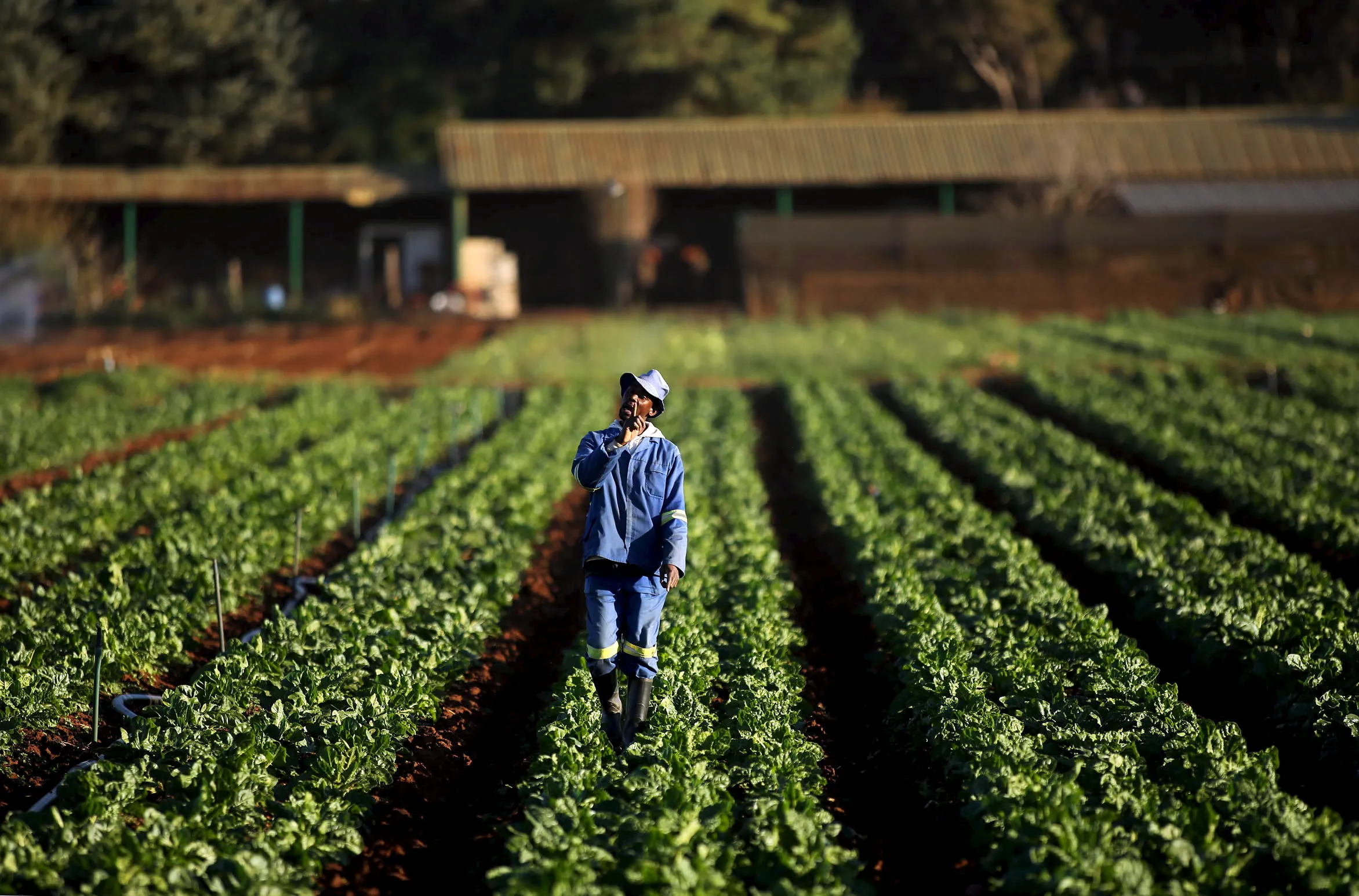
In recent years, Africa has undergone a transformative agricultural revolution, heralding a new era of prosperity for farmers across the continent. Characterized by advancements in technologies, practices, and productivity, this Green Revolution has significantly increased food production and improved livelihoods for millions of people.
Africa’s agricultural transformation has been fueled by a combination of factors, including investments in research and development, the adoption of modern farming techniques, and the introduction of innovative technologies. These efforts have enabled farmers to enhance crop yields, reduce post-harvest losses, and increase their incomes.
One of the key drivers of Africa’s agricultural revolution has been the widespread adoption of improved seeds, fertilizers, and pesticides, which have helped to boost productivity and resilience against pests and diseases. Additionally, the use of precision agriculture techniques, such as satellite imagery and soil sensors, has allowed farmers to optimize their use of inputs and resources, leading to more sustainable and efficient farming practices.
Moreover, initiatives aimed at improving access to credit, markets, and extension services have played a crucial role in empowering smallholder farmers and enabling them to participate more effectively in agricultural value chains. By connecting farmers to markets and providing them with training and support, these programs have helped to unlock the potential of Africa’s agricultural sector and stimulate economic growth in rural communities.
The impact of Africa’s agricultural revolution extends beyond increased food production; it has also brought about broader socio-economic benefits, including poverty reduction, employment generation, and food security. By providing farmers with the means to improve their livelihoods and lift themselves out of poverty, the Green Revolution is contributing to the overall development and prosperity of the continent.
However, challenges remain, including climate change, land degradation, and access to resources and markets. Addressing these challenges will require continued investments in research, infrastructure, and policies that promote sustainable and inclusive agricultural development.
As Africa continues on its path of agricultural transformation, the opportunities for further growth and development are vast. By harnessing the potential of its agricultural sector, Africa can achieve greater food security, economic prosperity, and sustainable development for future generations.
